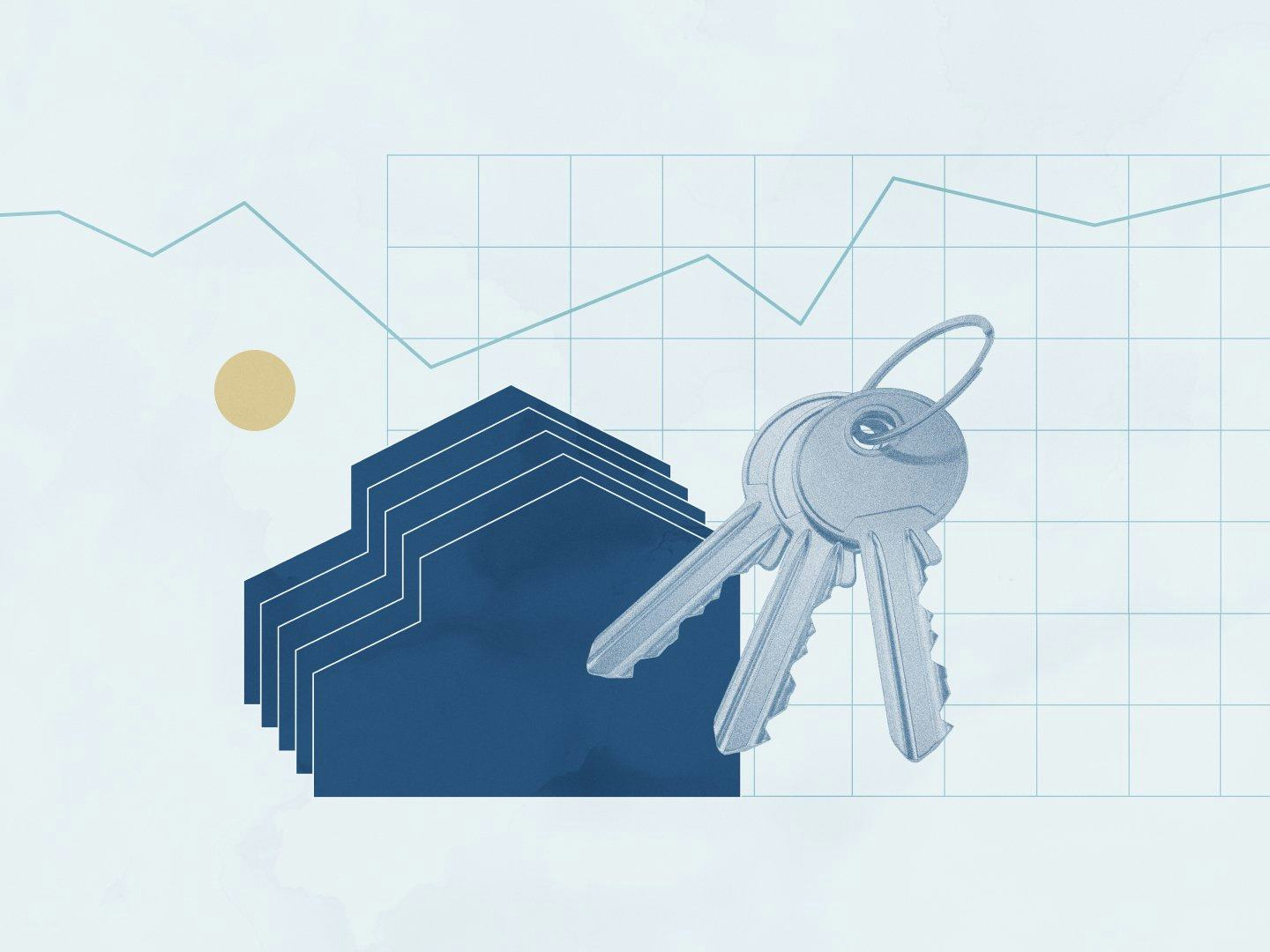Inflation is generally caused by excess demand in the economy. In order to get inflation under control, demand has to be reduced to achieve a cooling off of the economy. This can be affected through the use of various economic instruments wielded by the Central Bank of Iceland or fiscal policy that reduces investment and limits consumption opportunities. Such action can be painful and may detract from living standards in the short term. But the different tools used to achieve a slow-down of the economy have a varying degree of effect on different demographics which makes the choice of economic instrument not only technical but also political.
Credibility and expectations are key
Not until the nineties were central banks initially empowered with the independence to use monetary controls to fight inflation without political involvement. At that point in time, economists had realised that the link between unemployment and inflation was more complicated than previously thought and that the development of inflation was heavily influenced by so-called inflation expectations.
Inflation expectations refer to public and corporate assessment of the likely development of prices in the future, such as in coming months or years. Inflation expectations have the following impact: When workers expect rising price levels, they are more likely to demand higher salary bumps in order to protect their purchasing power. Similarly, companies who expect price levels to rise - e.g. inflation - are more likely to raise the price of goods and services in order to meet the cost of procurement and wages. As inflation becomes more persistent, the risk increases that the public and companies lose faith that price stability will be attained within an acceptable time frame which again leads to increased inflation expectations and so on and so forth in a vicious circle.
Because inflation expectations are so important, it was considered paramount to ensure that monetary policy was in capable hands, as this could on its own lead to lower inflation. As a result, central banks were made independent with price stability as the main goal. This was meant to ensure that elected officials could not utilise monetary policy for their own ends. Central bank governors are nevertheless government appointees so that in one sense, the government is still responsible for ensuring that control of monetary policy is in reliable and credible hands.
The Central Bank of Iceland (CBI) has been independent since 2001. The Governor of the CBI is appointed by the Prime Minister and one of the main roles of the CBI is to apply monetary policy in order to ensure price stability in Iceland. The CBI’s Monetary Policy Committee (MPC) wields the policy rate tool which is effective and has the undeniable advantage of being available without notice. Considering the importance of inflation expectations, the price stability goal must be best attained by removing any doubt that price stability is indeed the MPC’s primary goal, even to the detriment of economic growth and employment. The CBI’s credibility is unlikely to benefit from the Governor urging the public to abstain and reduce consumption; rather, by reassuring the public that the CBI will not hesitate to use the tools at its disposal to attain its inflation target. During periods of high inflation, this can lead to reduced disposable income and encourage investment in savings over consumption.
The CBI’s credibility would be compromised if calls for rate cuts, from industry or labourers, were perceived to factor in its decisions. That being said, it is completely natural for the public and companies to contribute to the debate about economic affairs, including monetary policy, and for them to raise their voices when inflation and interest rates start to bite. And that’s when politics come in.
Government is responsible for the larger picture
Despite the instrumental role of central banks described above, the CBI is far from the only contributor to economic management in Iceland. The government at each time is responsible for fiscal policy and financial stability and must play a role in the management of inflation. Economic management by the government is not least a matter of priorities and in the fight against inflation, the priorities must be clear.
Generally speaking, responsible fiscal policy can prevent the need for the CBI to tighten monetary restraint and raise interest rates. The authorities can prevent public finances from fuelling expansion, even detracting from it. It is necessary to ensure that expenditure is not increased during periods of inflation without first being fully financed, such as with cuts elsewhere or new income. Outlay from the National Treasury financed solely through borrowing increases demand in the economy and fuels inflation. This means that when conditions call for new expenditure, in the government’s estimation, priorities must be reconsidered. This applies not least in times of inflation. If the authorities funnel borrowed funds into an already heated economy without any off-setting cuts, they are simply feeding the fire.
In times when the CBI has been forced to tighten monetary restraint and raise the policy rate significantly even over a longer period, public finances must do their part. It is then up to the government to reconsider the restraint level and also to rethink priorities - which calls for political decisions. Inflation and interest rate hikes affect private individuals to a varying degree, such as based on their housing status, indebtedness and assets. The same is true for corporates based on size, nature and sector. For the government to depend solely on the CBI to combat inflation would indeed be a political decision.
What about labourers and businesses?
Wage earners are not legally responsible for ensuring price stability, nor are individual businesses. Workers and businesses follow market trends and drivers when it comes to wage demands and the pricing of products and services. Inflation expectations play a key part in these decisions, as mentioned earlier. Economic management of the country can influence these trends and drivers - both the CBI, through credible monetary policy, and the government and parliament through public finances and legislation. It is neither obvious nor to be expected that labourers should take the initiative to battle inflation by accepting a cut in purchasing power through collective bargaining agreements. It should be noted here that during the last bargaining rounds, the agreement was approved based on a significant action packet promised by the government.
Businesses generally determine prices based on market competition and it is unrealistic to expect companies to independently lower prices or hold back on price hikes. Individual companies are more likely to take decisions based on their operating situation than the negligible effect each company may have on the development of inflation. Any call for companies to hold back on price increases is as unlikely to produce results as is the call for consumers to limit consumption. Certainly, it may be natural to speak to a sense of joint social responsibility in this field as in others and the fact that collective bargaining is relatively centralised helps. Yet even having consideration for all of the above, we must not lose sight of where the real responsibility for economic management of the country lies.
No magic solution to the inflation problem
The Central Bank of Iceland has raised interest from 0.75% to 9.25% from 2021 and maintained that level for an entire year. These interest levels have had a significant cooling effect on the economy, yet inflation is still receding more slowly than intended. Looking back, the MPC should have raised the policy rate faster but the information the MPC had at its disposal at the time of their decisions was later found to not accurately reflect reality. A revision of national accounts revealed much higher tension in the economy than initially estimated. Another issue is that the CBI may not have the credibility to tame inflation expectations; its monetary policy may lack decisiveness, and its message clarity. Still another factor is that the real exchange rate did not turn positive until the middle of last year and its full effect may not have been felt even yet.
The nation is tired of high interest rates and rampant inflation is unacceptable in the long term. If economists had any magic solution that was also acceptable to the authorities, the matter would be simple. But prioritisation is key, and the government has to take responsibility for it. Much as the CBI, the country’s highest officials responsible for economic management at each time must secure the nation’s faith in their ability to manage inflation and have a clear vision on how to accomplish this. Anything else impairs the credibility of economic management and can fuel inflation expectations.
The article was initially published on Vísir 28 August 2024.










